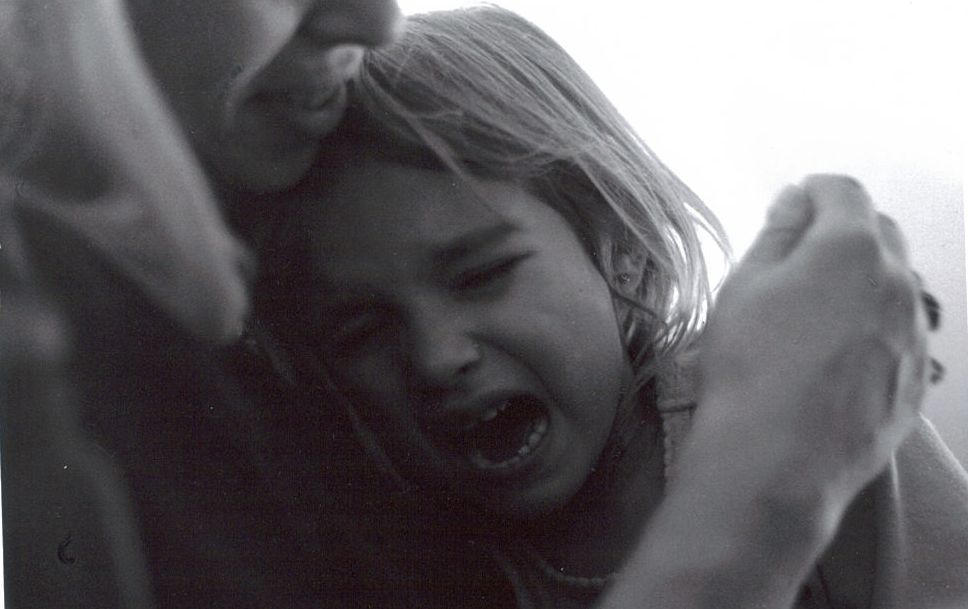Trench Duty, by Siegfried Sassoon, makes reference to the task the soldiers had to do in this part of the battlefield. This is done to highlight what the poems main theme is, which helps to make the poem stand stronger by itself.
Trench Duty is uses fourteen lines, each with ten syllables. The rhyme pattern is also very simple and clear, following the AABB type for the first eight verses, the ABAB type for the next four and a rhymed couplet for the two last verses as a manner of conclusion. Obviously, this is the formula for a sonnet. The use of a sonnet helps to make the poem feel more personal, as if it is being told from one person to another.
This is also seen in the use of the first person to tell the poem. We see the use of 'I' through the stanzas, which again helps the poem feel as if it is being told orally from one man in the trenches to another.
In Trench Duty, we see many uses of war diction. Words such as trench, watch, bombardment and raid appear throughout, which solidifies the feeling of war-time in the mind of the reader. We also see diction related to fear and brutality, through words such as 'shaken', 'numbed' and 'horror'. These two styles of diction are used to convey the message of how terrible war is, and how mis-portrayed it is by the government.One strong moment in the passage is when Sassoon uses the line, " “Five minutes ago I heard sniper fire: Why did he do it? …Starlight overhead – Blank stars. I’m wide-awake; and some chap’s dead.” I believe that this line, while showing absurdity, is Sassoon's method of coping with what he has seen throughout the war. Not only does he mention the terror that he is feeling in the passage, but he also uses a style of ironic humour to try and pass it off as un-important. This is a well-known coping mechanism in humans, but could also be a use of juxta-position, as the humour shows a stark-contrast to the horrible diction used in the rest of the poem, and therefore highlights it even more.
















